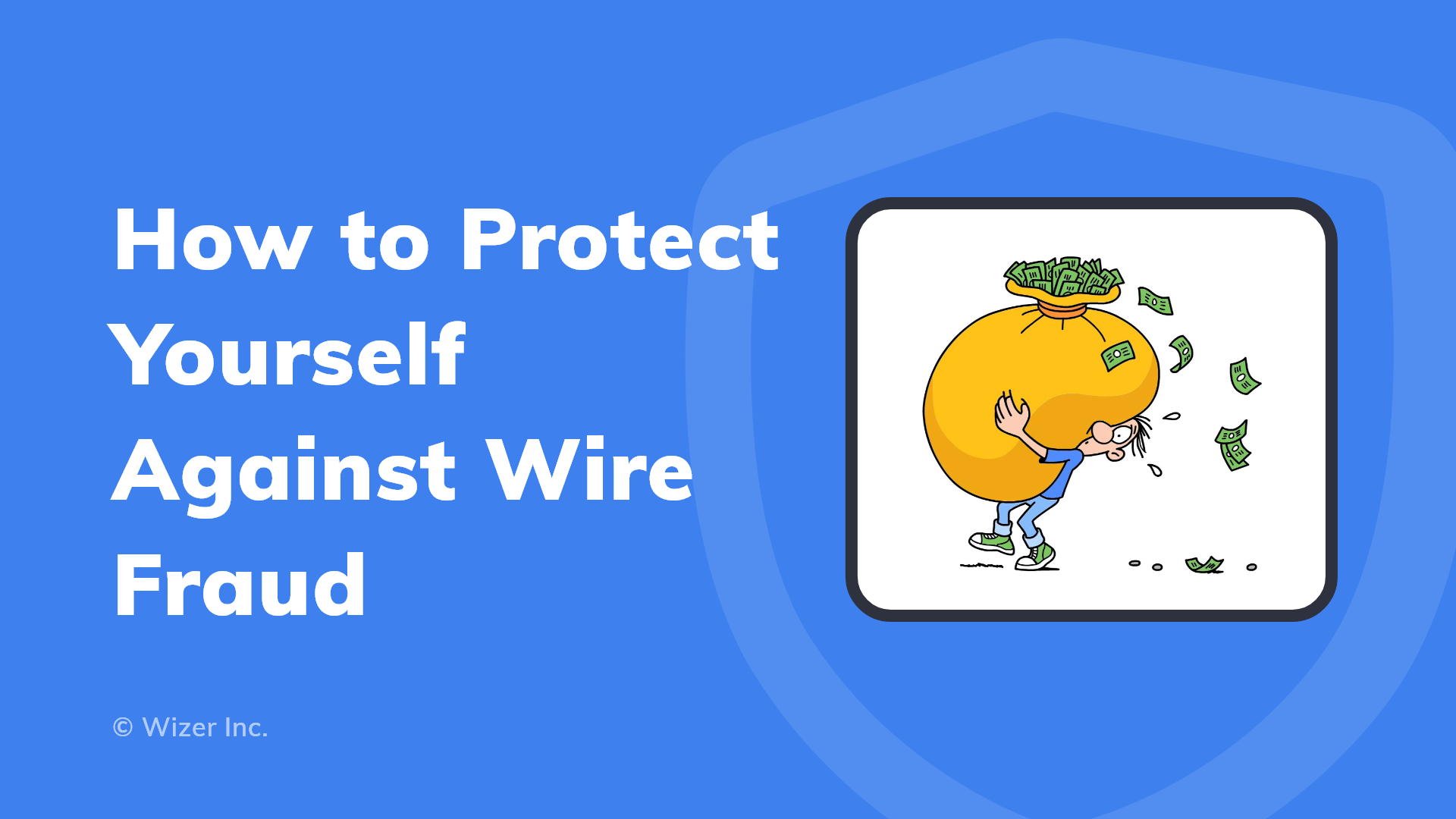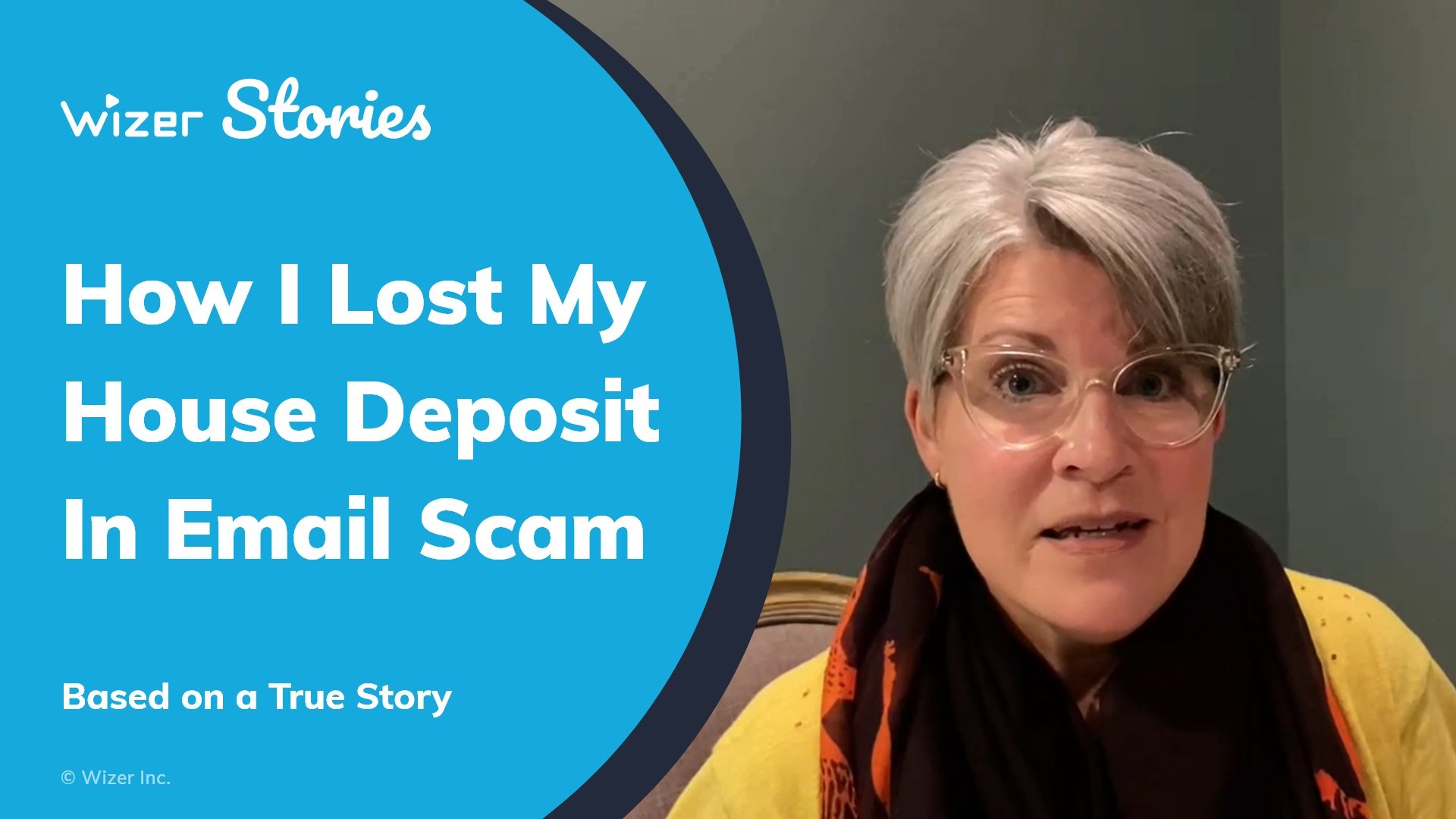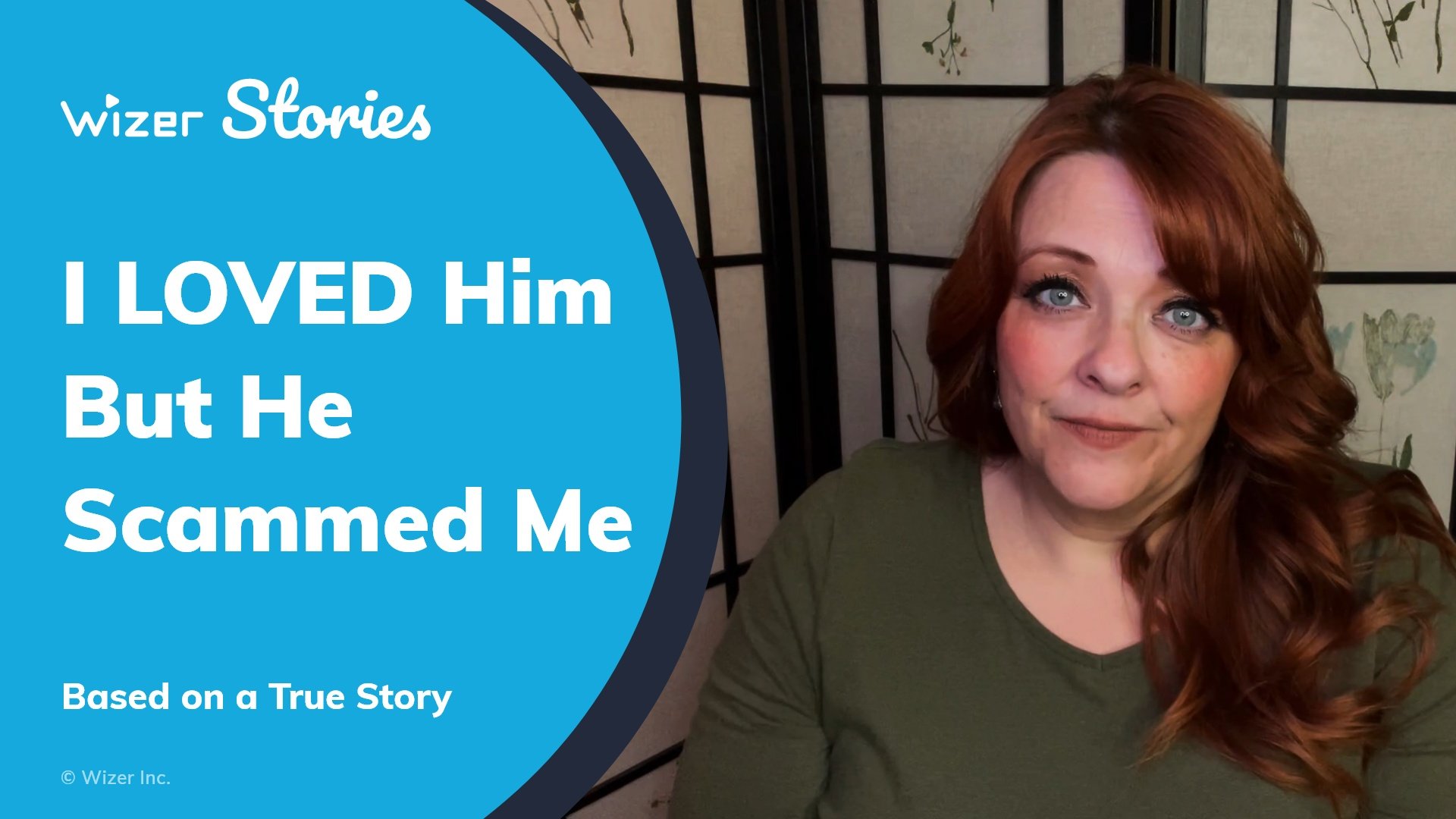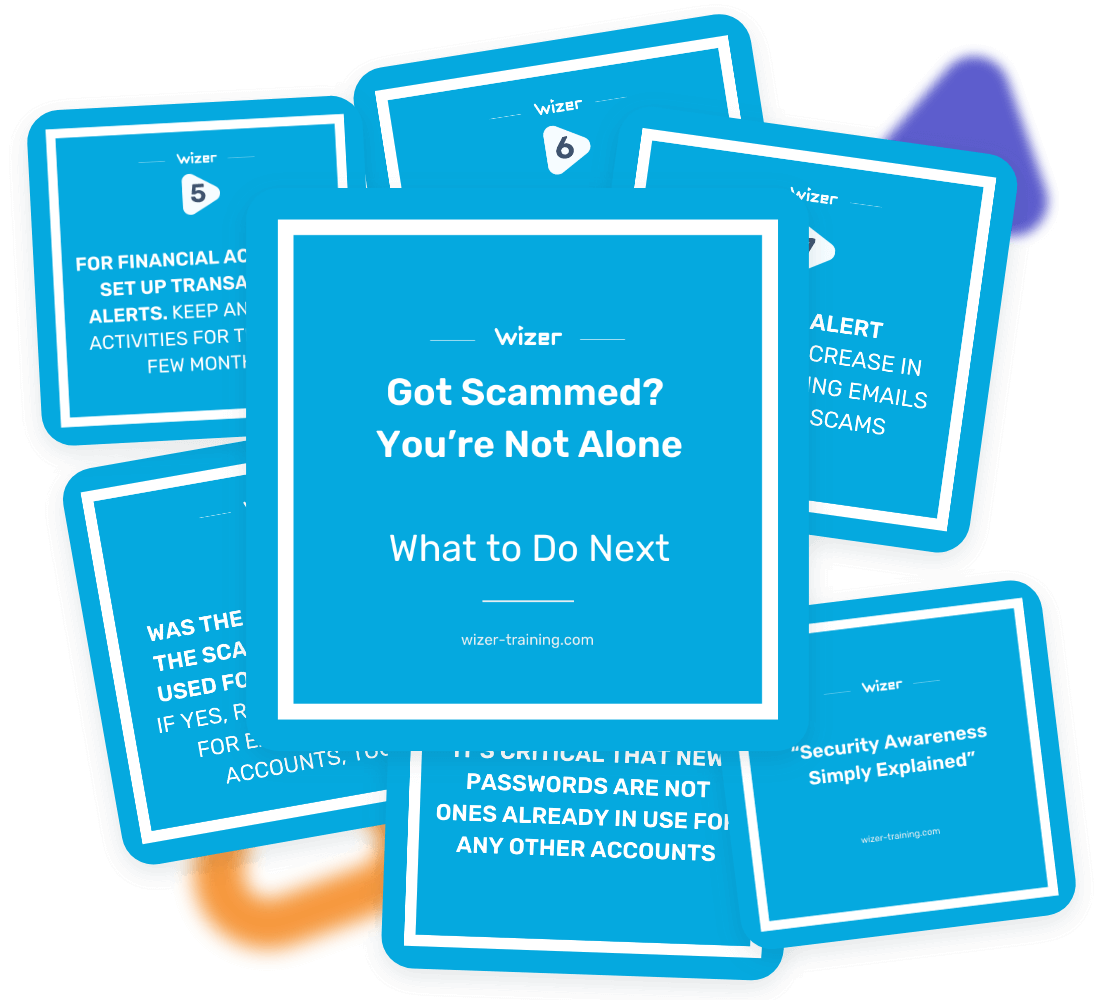Protect Yourself from Wire Fraud
It's crazy how many wire fraud scams are floating around these days. If you're duped into wiring money, getting that cash back? Well, it's like trying to catch smoke with your bare hands.
Even if your caller ID swears it was your bank calling, be wary. These scammers are crafty and can make any number show up on your phone, impersonating a trusted number.
And look, it's not your attorney's fault if someone does a stellar impersonation act and sends you fake wire instructions. Really, it's down to you to double check who's on the other end of the line and make sure you are not getting played.
We’ve collected a few resources to help you be aware of the different ways criminals try to commit wire fraud and what you can do to protect yourself.
Why is it important to protect yourself against wire fraud? Well, unlike losing your credit card, the bank may not refund loss of funds if YOU were the one who transferred the money. So it's important to understand how these attacks happen so you can be on the lookout and avoid similar attempts. Learn how in just 1-minute to protect yourself.
Stay in the Know: First, get to know the popular scams out there. If you recognize the signs, you'll be ahead of the game.
Verify, Verify, and Verify Some More: If someone's asking you to wire money - whether over the phone or via email - double-check with them directly through a different trusted channel. Big transactions coming up? Buying a house? Meet them in person or give them a call on a number that you know is legit.
Caller ID Can Be Tricky: Just because the caller ID says it's your bank doesn't mean it is. Scammers can fake those so don’t trust a phone call just because the Caller ID looks correct.
Voice Cloning. Picture getting a call from your mom, dad, or banker. They sound spot on, but something's off—they're asking for money. With today's tech, scammers can clone voices. So even if it sounds like someone you trust, always double-check. Hang up and call them back on a number you trust.
Use Multi-What Now?: Multi-Factor Authentication (MFA). It adds an extra step or two to ensure it's genuinely you logging in or making a transaction. If you haven't enabled it yet, activate MFA on your email, bank, mobile carrier, and honestly, anywhere else you can. Here’s a quick MFA guide to help you get started.
Stay Chill: Is someone rushing you or making you feel pressured to take action? Red flag. Scammers love making things feel urgent so we’ll act from emotion instead of calmly with logical reasoning. Stop the communication and step back, talk it out with a trusted friend, and then decide the best course of action.
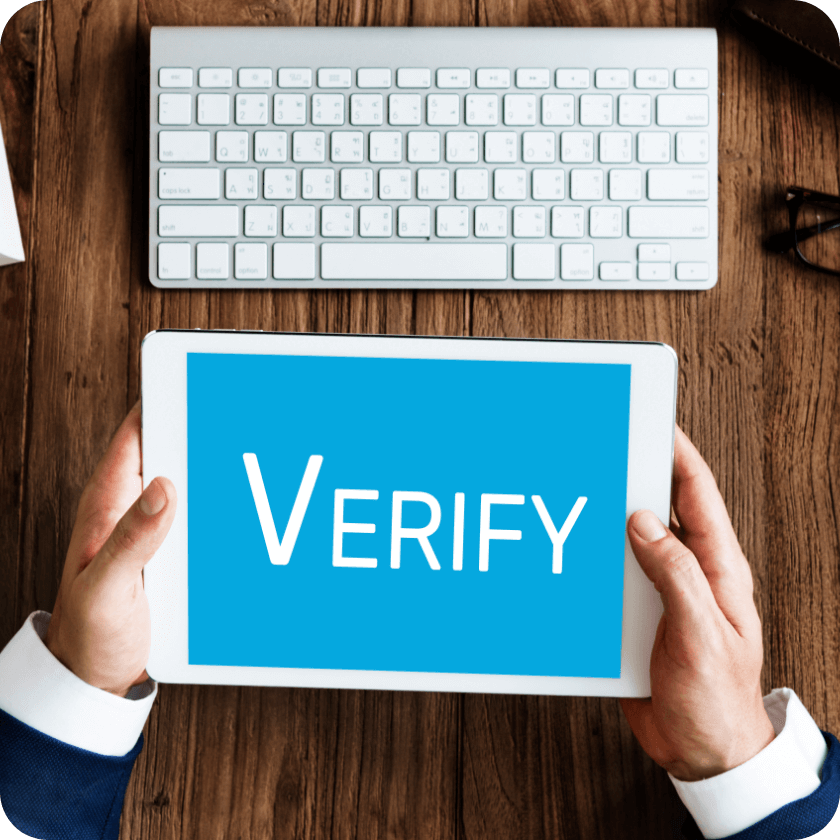
Wire fraud scams come in all shapes and sizes. Here are a handful of common ones you might come across:
Rental Scams: Picture this. A con artist lists a place for rent, right? Places they've never even stepped foot in. They lure folks in with juicy discounts, and then bam! Ask for a depost by wire transfer without even showing the property.
Job Scams: This one's a classic. They pretend to offer you a job but ask you to buy training materials or pay for running background checks. Or even crazier, they send you a check, ask you to deposit it and send a part back, only to have the check bounce later.
.png)
Romance Scams: Ah, matters of the heart. Scammers act all sweet and charming online, maybe on dating sites or social media. They weave this web of lies, and before you know it, they're asking for money for emergencies, trips, or who knows what.
Tax Scams: This one's tricky. You get a call or email from someone acting like they're from the tax office. They say you owe back taxes and that they'll take you to court unless you pay up pronto.
Mortgage Closing Scams: Here fraudsters pose as real estate pros. They hit up homebuyers about last-minute changes to the deal and tell them to wire money to this "new" account, which, spoiler alert, is theirs.
Overpayment Scams: You're selling something online. The buyer sends you a check for more than the price as a ‘mistake’ and asks you to wire back the extra. Sounds fishy, right? Because it is. The check's fake, and it's gonna bounce.


Beware of PayPal Friends and Family
When you use PayPal to pay for something, you have two options:
- Pay for Goods and Services - which includes a transaction fee but provides both you and the seller insurance in case of fraud.
- Pay Friends and Family - which is meant for sending money to people you know. This option is transaction free BUT you are not insured against fraud.
Scammers will list their products or services online (we mean everywhere… ads, Ebay, etc...) and try to get you to pay using the "Friends and Family” option. They will claim it will be cheaper for both of you and you will be able to get the product or service faster…
If you go ahead and agree to pay using the "Friends and Family” you can say goodbye to your money and obviously you won’t get anything in return. If you file a complaint with PayPal they may even close your account because you violated their policy.
So… Don’t take the bait. If they’re not your friends and family in real life, they are not your friends and family on PayPal.
Venmo Scam
If someone sends you MONEY by MISTAKE... KEEP IT! Don’t be nice and pay them back. Most likely this is a SCAM.
If you are using Venmo or any other digital wallet, scammers will use a stolen credit card to transfer money to you and hope you are nice, recognize that mistake and pay them back. Eventually the fraudulent money that was sent to you will be recalled and you won’t be able to get you money back.
So what should you do? Simply report the “mistake” to Venmo or whatever digital wallet you are using and let them handle it.
Close the door - change passwords, block or cut off all contact, block other apps, lock down profiles, and don’t open any new messages from the scammer.
Report the scam to law enforcement agencies.
Beware of follow up scams - sadly scammers will sell their lists of victims to other scammers, so be on the lookout for more attempts to scam or hack into your accounts.


